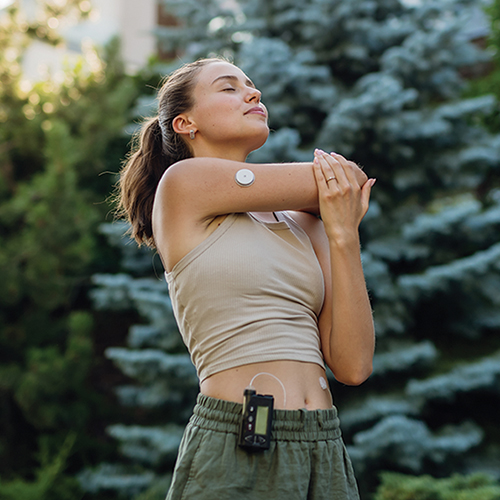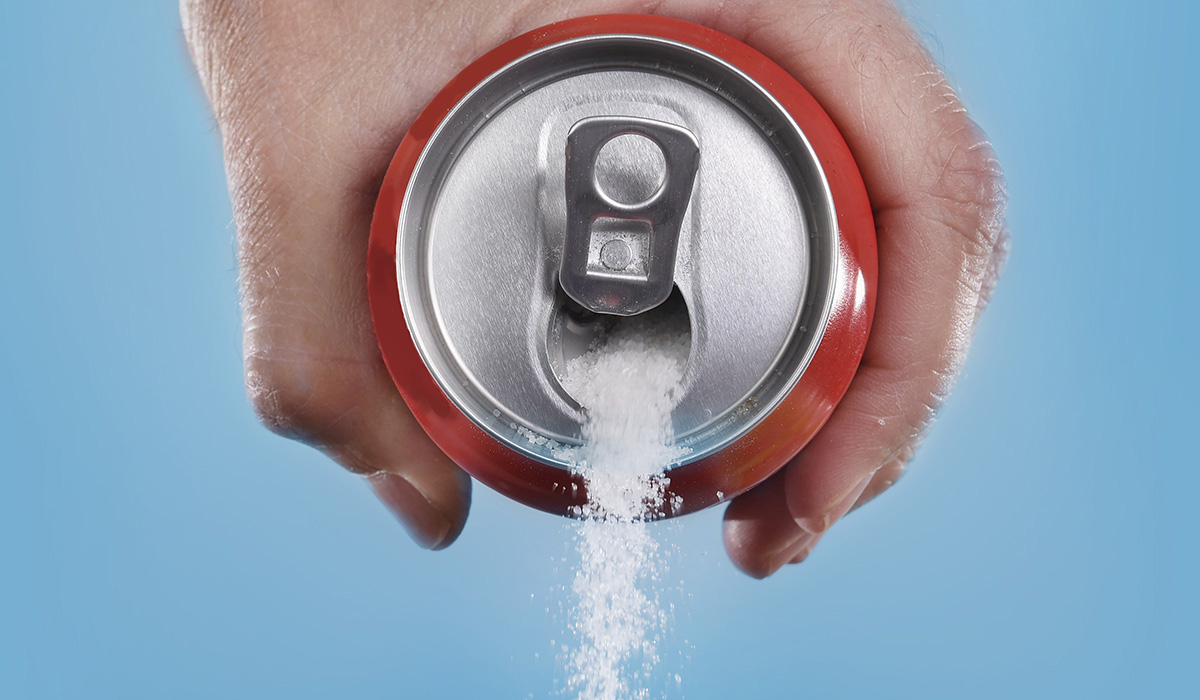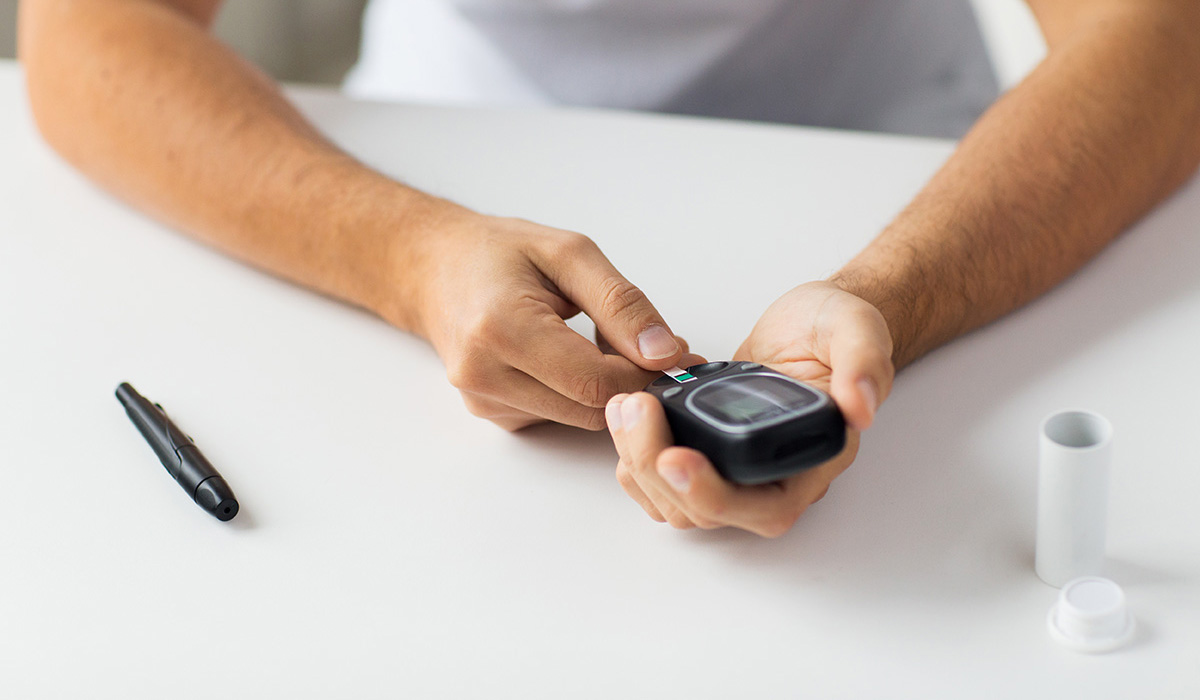March 2018
The following symptoms of diabetes are typical, according to the American Diabetes Association. However, some people with type 2 diabetes have symptoms so mild that they go unnoticed.
Common symptoms of diabetes include:
- Urinating often
- Feeling very thirsty
- Feeling very hungry even though you are eating
- Extreme fatigue
- Blurry vision
- Cuts/bruises that are slow to heal
- Weight loss, even though you are eating more (type 1)
- Tingling, pain or numbness in the hands/feet (type 2)
Early detection and treatment of diabetes can decrease the risk of developing complications.
Warning Signs for Diabetes Complications
Have you already been diagnosed with diabetes but are concerned about symptoms that may be the result of complications related to diabetes? Here are some things to watch for.
- Kidney disease. Keep your diabetes and blood pressure under control to lower the chance of getting kidney disease.
- Neuropathy. Nerve damage from diabetes is called diabetic neuropathy. About half of all people with diabetes have some form of nerve damage.
- Eye complications. Keep your risk of glaucoma, cataracts and other eye problems low with regular checkups.
- Stroke. Maintain target levels for blood glucose, blood pressure and cholesterol to reduce your risk of stroke.
- High blood pressure. Also called hypertension, high blood pressure raises your risk for heart attack, stroke, eye problems and kidney disease.
Gestational Diabetes – When Warning Signs Don’t Appear
Women with gestational diabetes often have no symptoms, which is why it’s important for at-risk women to be tested at the proper time during pregnancy.
During pregnancy (usually around the 24th week) many women develop gestational diabetes. A diagnosis of gestational diabetes doesn’t mean that you had diabetes before you conceived, or that you will have diabetes after giving birth. But it’s important to follow your doctor’s advice regarding blood glucose (blood sugar) levels so you and your baby both remain healthy.
Source: U.S. American Diabetes Association



